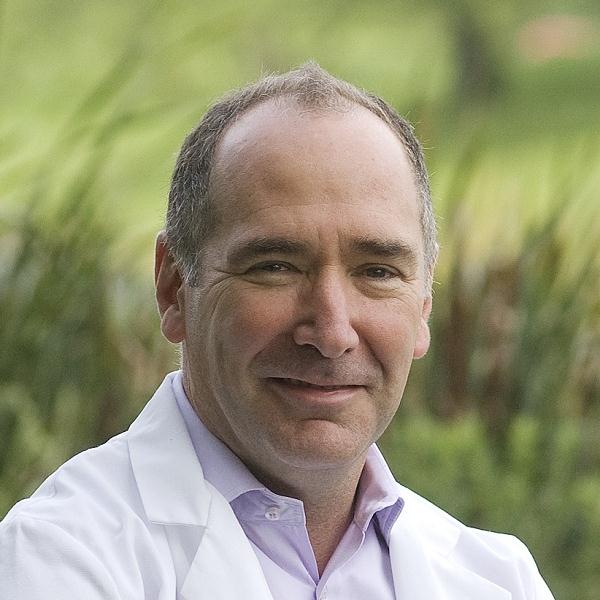
Cultivating Resilience and Reducing Burnout for Health Professionals: The Power of Presence, Reflective Practice and Appreciative Dialogue
Overview
| Registration |
|---|
|
Series Description
Creating a Culture of Well-Being at an Academic Health Center
Reports from various sources indicate that chronic stress and burnout is prevalent in the health professions, affecting over half of primary care practitioners and even more in several specialties. This trend may begin earlier with the observed decline in empathy during medical student and residency training and the alarming rates of burnout in medical and other students in the health professions.
As educators, administrators and academic health leaders grapple with developing interventions to address these issues, evidence is emerging that programs aimed at fostering resilience and stress reduction such as mindfulness, reflective capacity and appreciate inquiry, also lead to increased empathy and improved well being. Furthermore, the AAMC, ACGME and other national organizations are working to improve the learning environment and facilitate the creation of a culture of well-being at academic health centers.
The IAMSE 2017 Winter Web Seminar Series has an impressive panel of leaders who will share their expertise on trainee stress and burnout and curricular interventions that have been shown to address these issues. The series is designed to help faculty, course directors and administrators understand the issues and hear about successful approaches and innovations to improve the health and well-being of students, residents and faculty. We hope that this series will bring these serious issues to your awareness and provide you with possible solutions and ideas on how to move forward at your institution.
Webinar Description
During this session, Dr. Krasner will explore the issue of burnout, and its effects on quality of care and quality of caring in the medical encounter. After defining resilience, he will then examine ways to cultivate resilience in health professional development. Particular focus will be given to Mindful Practice, an approach designed cultivate resilience through the cultivation of mindful attention and awareness, reflections and sharing among physicians and other health professionals of clinical narratives, and the use of appreciative dialogue in identifying the strengths and capacities that lead to greater meaning, satisfaction and resilience in medical practice.
Speaker

Michael Krasner, MD
Professor of Clinical Medicine at the University of Rochester School of Medicine and Dentistry
Dr. Krasner practices primary care internal medicine in Rochester, New York. He has been teaching Mindfulness-Based interventions to patients, medical students, and health professionals for more than 16 years, involving nearly 2000 participants, including over 600 health professionals, and is engaged in a variety of research projects including the investigations of on the immune system in the elderly, chronic psoriasis, and medical student stress and well-being. He was the project director of Mindful Communication: Bringing Intention, Attention, and Reflection to Clinical Practice, sponsored by the New York Chapter of the ACP reported in JAMA in September, 2009.
Dr. Krasner graduated from the UC San Diego School of Medicine, completed residency in combined Internal Medicine/Pediatrics at the University of Rochester School of Medicine and Dentistry and is currently engaged in direct patient care, medical student and residency education, post-graduate medical education, and research in the University’s Center for Mind-Body Research. He has shared his work in peer-reviewed publications, scientific assemblies, visiting professorships, and workshops throughout the world, focusing primarily on the roots of Hippocratic medicine through the cultivation of attention, awareness, and reflection. His personal mission is centered on compassion in medicine and envisions a health professional-patient relationship where healing is truly bidirectional, care goals are mutually derived, and the uniqueness of the clinical encounter reflects the central act of mutual high regard.
Location
CE Credits
Available Credit
- 1.00 CE Contact Hour(s)

 Facebook
Facebook Twitter
Twitter LinkedIn
LinkedIn Forward
Forward